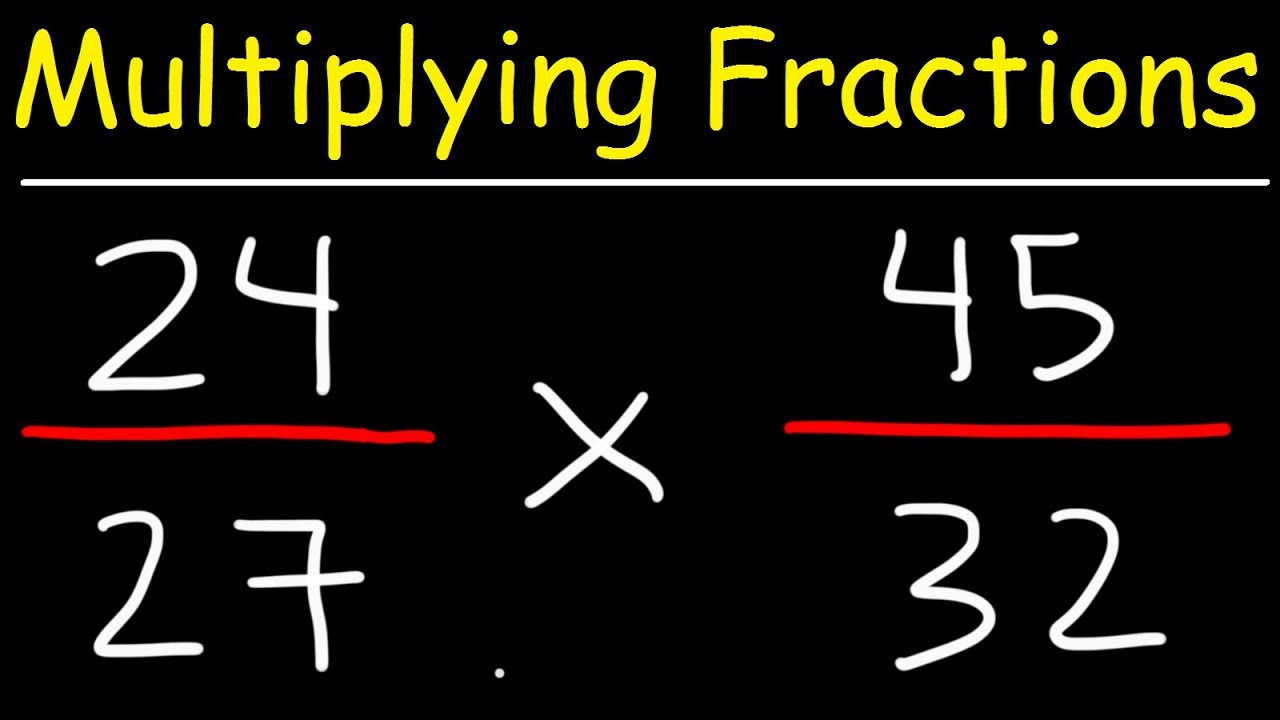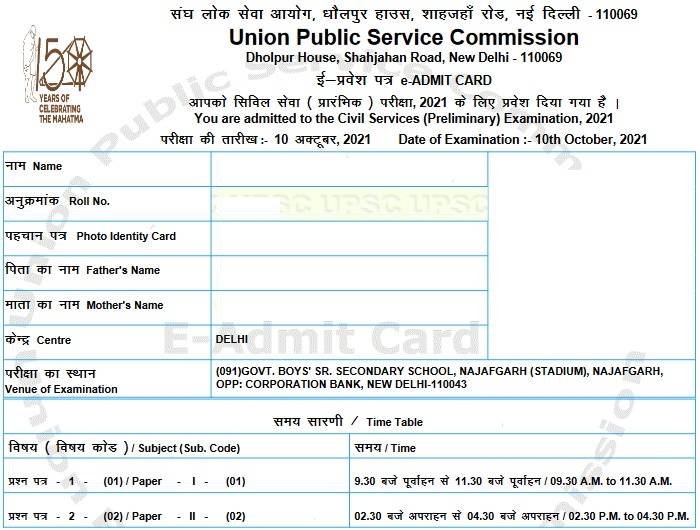Staff Selection Commission conducts the Junior Engineer Exam in 2 stages- Paper 1, which is an online test & Paper 2 is an offline test.
This is one of the most sought-after government exams due to the salary offered and various other benefits and perks.
Aspirants should have at least passed the Matriculation/ Secondary Examination Certificate or an equivalent degree from a recognised Board to appear for the SSC JE exam.
To crack this exam, aspirants should have in-depth knowledge in respective Engineering subjects and also on topics related to General Awareness & Intelligence.
This article highlights the important preparation strategies required to crack the JE exam.
Aspirants should understand the exam pattern and syllabus to devise a preparation plan to crack this exam.
SSC JE Exam Pattern
| Papers | Exam Mode | Subject | Total Marks | Duration |
| Paper-I: Objective Type | Computer-based Test | (i) General Intelligence and Reasoning
(ii) General Awareness (iii) Part-A General Engineering (Civil & Structural) or Part-B General Engineering (Electrical) or Part-C General Engineering (Mechanical) |
50
50 100 |
2 Hours |
| Paper-II: Descriptive Type | Written Test | Part-A General Engineering (Civil & Structural)
or Part- B General Engineering (Electrical) or Part-C General Engineering (Mechanical) |
300 | 2 Hours |
Syllabus for the JE Exam
The topics in the syllabus for Paper 1 are given below:
- General Intelligence & Reasoning: arithmetical reasoning, problem-solving, space visualization, visual memory, analysis and judgment, Analogies, decision making, discrimination, etc.
- General Awareness: Geography, Culture, History, Scientific Research, General Polity, etc.
- General Engineering: Civil Engineering, Electrical Engineering and Mechanical Engineering.
The topics in the syllabus for Paper 2 are given below:
- Part-A (Civil & Structural Engineering): Surveying, Estimating, Costing and Valuation, Concrete Technology, Irrigation Engineering, RCC Design, etc.
- Part-B (Electrical Engineering): AC Fundamentals, Electrical Machines, Measurement and measuring instruments, Synchronous Machines, etc.
- Part- C (Mechanical Engineering): Theory of Machines and Machine Design, Thermal Engineering, Engineering Mechanics and Strength of Materials, Fluid Mechanics & Machinery, etc.
Important Tips to crack JE exam
Aspirants should follow the below-mentioned tips to ace the exam in the first attempt.
- Chalk out a well-planned time table – Creating a time-table helps to prepare for the exam in a planned manner. It helps focus on subjects of utmost importance.
- Go through the syllabus – Planning as per the syllabus helps in better understanding the subject.
- Making notes – Preparing notes are an essential part of any preparation. It helps to build a sound knowledge on topics of higher relevance.
- Practising mock tests and previous year question papers – This helps a lot to understand the question pattern and weightage of topics. Aspirants should take numerous mock tests to improve their solving speed and boost their time management abilities.
Aspirants preparing for these government exams should be aware of all the information published on the official website. This helps them to prepare accordingly for the exam without any confusion.







